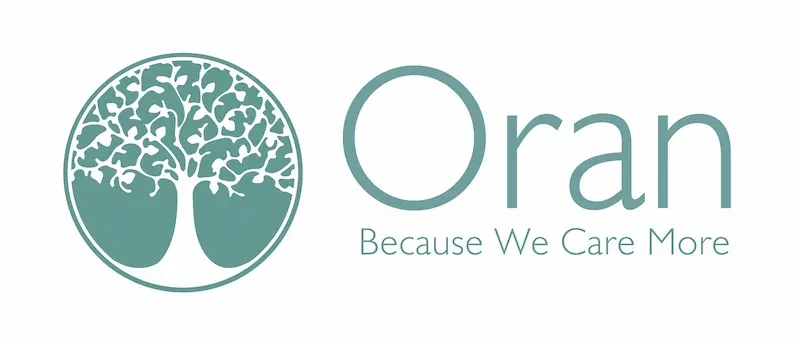
It is clear that carers with high levels of empathy build more effective relationships with the clients that use a home care service. An empathic and professional carer understands the needs of a service user. This can help the service user feel safer and more confident when expressing the thoughts and problems that concern them. It is clear that empathy is a critical skill for anyone working in home care. It has also been shown to improve the efficiency of a care service. Developing an empathetic team is challenging but extremely worthwhile. This blog post will explore the importance of empathy in home care services and considers how to develop an empathic workforce.
Empathy is a powerful tool that can be used to better serve client needs. It helps carers build trust with their clients. It even plays a role in ensuring that carers take remember to take care of themselves their coworkers while working in the care environment.
Having Empathy for Clients:
When you work as a home care professional, many people come into your life. Some can be delightful and rewarding to work with. Many carers feel that their clients motivate them to come in to work every day, even during times when the hours are long and the work is stressful. It is natural in many circumstances, for carers to build strong bonds with their clients over time.
This, however, this is not always the case. One of the best things about being a carer is meeting clients from all walks of life. Clients with different experiences, different backgrounds and of course, different personalities. This naturally means that some clients can be more difficult to understand emotionally than others. It can be hard to know how to relate to a client and provide the care that they need when they are uncooperative, critical, or bad tempered for example. It is clear that providing quality care to someone who reacts negatively to you can be difficult and it is hard not to take criticism personally.
Empathy can be a powerful tool for a carer. It can help bridge the gap between client and carer, allowing you to better understand how to best support a service user. Clients who are difficult to work with are often struggling to cope themselves, even if they won’t actually say it. What clients often need is extra understanding and support. Some of the strongest relationships are often born out of a few challenging early visits.
Empathy allows carers to detect and recognise client worries and fears and it helps strengthens and improve relationships with clients.
Having Empathy for Yourself as a Carer:
Homecare work can be hard work and can be physically and emotionally demanding. It’s important to remember that you need extra self-care in order to succeed as a caregiver, both when things are going well and when times are challenging. Don’t wait till you are at breaking point, take care of yourself every day. Take a few minutes on a daily basis to check in with yourself and see how you’re feeling. Take your needs seriously, whether they’re physical, mental, or emotional. You wouldn’t give your clients a hard time for needing extra care or attention some days, so don’t give yourself a hard time, either. Remember that you deserve to be healthy and well just as much as everyone else does.
Having Empathy for Coworkers:
Oran Care have always promoted relationship centred working throughout our organisation. We recognise that co-workers, like our service users face different challenges. One of our greatest attributes as an organisation is our belief that working to build strong, empathetic relationships with each other as a team ultimately improves our relationships with our clients.
Empathy Training:
Oran Care recognises the importance of empathising with our client’s feelings and needs. We make promoting empathy and learning how to develop empathy a vital part of induction and job training for all of our new carers. An integral part of our training is teaching carers to be respectful of their patient’s wishes and privacy, be supportive and understanding, but not judgmental. Importantly, carers need to be aware of their own reactions and biases and ensure they communicate effectively with the client and other members of the care team. Importantly we encourage caregivers to seek out opportunities to show themselves empathy and we try to support them at every step of the way.


All of the is so true ! Empathy has to be the best quality any carer can have